Ryzen 7 7700X
Rated: 8/10
Ryzen 5 7600X
Rated: 7/10
Pros And Cons
| CPU | Pros | Cons |
|---|---|---|
| Ryzen 5 7600X | ✅ Lower price tag ✅ Better power efficiency | ❌Lower overall performance |
| Ryzen 7 7700X | ✅ Better overall performance ✅ Higher thread count | ❌Worse power efficiency |
- The Ryzen 7 7700X exhibits slightly better performance compared to the Ryzen 5 7600X.
- Despite its performance, the Ryzen 7 7700X consumes more power than the Ryzen 5 7600X, making the latter more power-efficient.
- The Ryzen 5 7600X comes at a significantly lower price point, being approximately 35% cheaper than the Ryzen 7 7700X.
- Considering the performance-to-price ratio, the Ryzen 5 7600X is recommended for users seeking better value for their investment.
Comparison Table
| CPU Name | Ryzen 5 7600X | Ryzen 7 7700X |
|---|---|---|
| Product Line | Ryzen 5 series | Ryzen 7 series |
| Product Generation | AMD Ryzen 7000 Generation | AMD Ryzen 7000 Generation |
| Core Architecture | Zen 4 | Zen 4 |
| Socket | LGA 1718 | LGA 1718 |
| Number of Cores | 6 | 8 |
| Number of Threads | 12 | 16 |
| L2 Cache | 6 MB | 8 MB |
| Power Draw | 105W | 105W |
| Integrated Graphics | RDNA 2 | RDNA 2 |
| Launch Date | September 27, 2022 | September 27, 2022 |
| Best CPU Cooler | Best CPU Coolers for Ryzen 5 7600X | Best CPU Coolers For Ryzen 7 7700X |
Architectural Differences
- Processing Node: Both CPUs are built on the advanced TSMC 5nm process node, ensuring enhanced performance and power efficiency.
- Cores Clock Speeds: The Ryzen 5 7600X operates at 4.7 GHz base clock and can boost up to 5.3 GHz, while the Ryzen 7 7700X offers 4.5 GHz base clock and boosts up to 5.4 GHz.
- Memory Support and PCIe Compatibility: Both CPUs support DDR5 memory speeds up to 5200 MT/s and PCIe 4.0 & 5.0 compatibility.
- L3 Cache: Both the Ryzen 5 7600X and Ryzen 7 7700X are equipped with a generous 32 MB of L3 cache.
Gaming Benchmarks
When comparing hardware, benchmarking is essential to evaluate performance. For processors like the Ryzen 7 7700X and Ryzen 5 7600X, we conduct gaming and productivity tests to cater to different consumer needs
Testing Rig
- Motherboard: Gigabyte X670E Aorus Xtreme
- Graphics Card: GALAX RTX 3090 Ti EX Gamer
- RAM: G.Skill Trident Z5 RGB 32GB DDR5-6600
- CPU Cooler: Enermax LiqMaxFlo 360mm
- SSD: ORICO M.2 SSD Enclosure and J10 2TB
- PSU: DeepCool PX1000G ATX3.0 PSU
If you want to see how the Ryzen 7 7700X stands on its lonesome, read our review of the processor!
Marvel’s Spider-Man: Remastered

- While testing Marvel’s Spider-Man: Remastered, the Ryzen 7 7700X showcased a superior average of 175 FPS, outperforming the Ryzen 5 7600X’s 129 FPS.
- Additionally, the 1% lows of the Ryzen 7 7700X measured at 165 FPS, providing smoother performance compared to the Ryzen 5 7600X’s 113 FPS.
F1 2022

- While testing F1 2022, the Ryzen 7 7700X delivered an impressive average 344 FPS, surpassing the Ryzen 5 7600X’s performance, which recorded 334 FPS.
- In terms of 1% lows, the Ryzen 7 7700X maintained a solid 145 FPS, while the Ryzen 5 7600X lagged slightly behind with 139 FPS, indicating smoother performance for the former.
Mount & Blade II: Bannerlord

- We saw that the Ryzen 7 7700X exhibited a comparatively performance with an average 216 FPS, surpassing the Ryzen 5 7600X’s performance, which averaged at 134 FPS.
- As for the 1% lows of the Ryzen 7 7700X were notably higher, standing at 193 FPS, compared to the Ryzen 5 7600X’s 116 FPS, indicating smoother and more consistent performance for the former.
Far Cry 6

- While testing Far Cry 6, the Ryzen 7 7700X delivered a commendable average of 143 FPS, slightly edging out the Ryzen 5 7600X, which achieved an average of 138 FPS.
- However, when considering the 1% lows, the performance was almost identical, with the Ryzen 5 7600X recording 1% lows at 101 FPS, just one frame lower than the Ryzen 7 7700X’s 1% lows of 100 FPS.
Cyberpunk 2077

- During our Cyberpunk 2077 test, the Ryzen 7 7700X managed an average of 105 FPS, falling short of the Ryzen 5 7600X’s 118 FPS.
- Surprisingly, the 1% lows of the Ryzen 5 7600X also surpassed those of the Ryzen 7 7700X, with 83 FPS compared to 75 FPS, indicating smoother performance on the former CPU.
Call Of Duty: Warzone

- In our Call Of Duty Warzone test, the Ryzen 7 7700X achieved an average of 199 FPS, slightly edging out the Ryzen 5 7600X’s 193 FPS.
- However, when considering the 1% lows, the Ryzen 5 7600X performed better, registering 119 FPS compared to the Ryzen 7 7700X’s 138 FPS.
Fortnite

- While testing Fortnite, the Ryzen 7 7700X delivered an impressive average of 445 FPS, surpassing the Ryzen 5 7600X’s 439 FPS.
- As for the 1% lows, the Ryzen 5 7600X maintained a slightly higher performance, achieving 294 FPS compared to the Ryzen 7 7700X’s 320 FPS.
Overall Gaming Performance
| Featured | Ryzen 7 7700X | Ryzen 5 7600X |
|---|---|---|
| Average FPS | 232.4 📈 | 206.7 📈 |
| %1 lows | 162 📉 | 137.8 📉 |
| Winner: Ryzen 7 7700X | ||
While both processors deliver competitive frame rates, Ryzen 7 7700X exhibits tighter frame times, ensuring smoother gaming experiences. This advantage becomes particularly significant in competitive gameplay scenarios.
Power Consumption
| Game | Ryzen 5 7600X (W) | Ryzen 7 7700X (W) |
|---|---|---|
| Marvel's Spider-Man: Remastered | 81 | 92 |
| F1 2022 | 73 | 74 |
| Mount & Blade II: Bannerlord | 86 | 99 |
| Far Cry 6 | 70 | 75 |
| Cyberpunk 2077 | 90 | 87 |
| Call Of Duty: Warzone | 79 | 90 |
| Fortnite | 79 | 92 |
| Average Power Consumption | 79.71 | 87 |
| Winner: Ryzen 5 7600X | ||
The Ryzen 7 7700X showcased itself as a considerable power consumer compared to its predecessor, the Ryzen 5 7600X. Our assessments revealed an average disparity in power usage of approximately 10%, a variance significant enough to potentially impact your electricity costs.
Price And Value
| CPU | Launch MSRP | Current Price (Used) |
|---|---|---|
| Ryzen 5 7600X | 💲289 | 💲213 |
| Ryzen 7 7700X | 💲399 | 💲288 |
| Difference | 38.07% | 35.21% |
Looking at the prices, we see that the Ryzen 7 7700X is slightly above MSRP. Also, the Ryzen 7 7700X is 38% more expensive than its competitor. So, unless the 7700X performs 38% better in games and productivity tasks, the 7600X has already won in pricing.
What We Recommend
Ryzen 7 7700X: For those considering the Ryzen 7 7700X, this comparison offers insights into its potential under the Zen 4 architecture. Notably, it strikes a balance in power usage and temperature management, ensuring efficient performance and reliability even under heavy workloads making it the CPU we recommend.
Ryzen 5 7600X: The Ryzen 5 7600X emerges as an appealing choice for budget-conscious consumers. With lower power consumption and cooler operating temperatures, it delivers ideal performance for various computing tasks. This makes it a compelling option for those mindful of both performance and cost considerations.
When weighing the choice between the Ryzen 7 7700X and the Ryzen 5 7600X, it’s essential to assess your specific workload needs. For many users, the Ryzen 5 7600X offers sufficient performance for a wide range of tasks at a more budget-friendly price point.
FAQs
Yes, the Ryzen 5 7600X supports DDR5 RAM up to 5200MHz, whereas the Ryzen 7 7700X goes a bit further with support for DDR5 6400MHz memory.
Yes, both the Ryzen 5 7600X and the Ryzen 7 7700X have nearly identical RDNA 2 integrated graphics.
Both the Ryzen 5 7600X and the Ryzen 7 7700X have support for PCIe 5.0.
More From Ryzen 5 7600X:
More From Ryzen 7 7700X:
Thank you! Please share your positive feedback. 🔋
How could we improve this post? Please Help us. 😔
[Comparisons Expert]
Abdemanaf is a skilled creative writer who has been honing his craft since 2011. While initially working in different fields, he found a passion for technology and has been exploring the tech world since early 2015. Over the years, he has developed an in-depth knowledge of the latest tech trends and product offerings by various companies.
Abdemanaf’s writing reflects his analytical mindset and ability to think critically. He has a knack for breaking down complex technical information into easily digestible pieces, making his articles engaging and accessible to readers from all backgrounds. In February 2022, he joined Tech4Gamers as a blog and product comparison writer, where he has been able to hone his skills further.
As a writer, Abdemanaf is dedicated to staying up-to-date with the latest technological advancements and trends, enabling him to provide readers with the most relevant and accurate information. He is always eager to learn more and is constantly seeking new challenges to improve his skills.
Get In Touch: manaf@tech4gamers.com


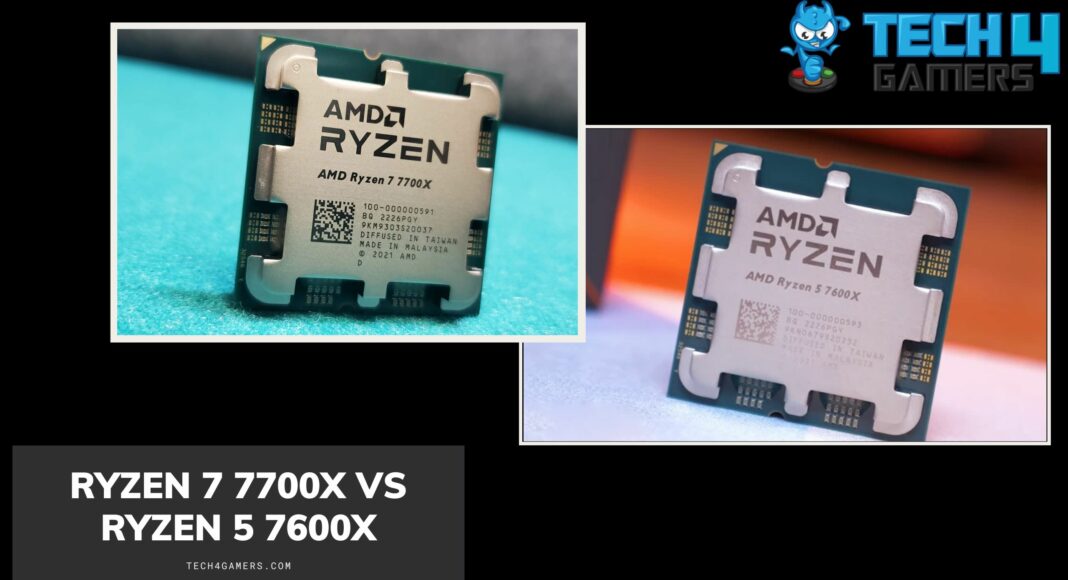
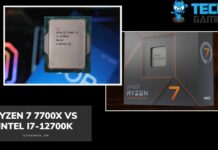
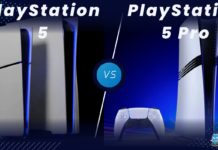
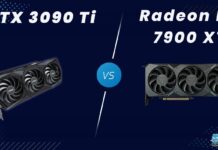
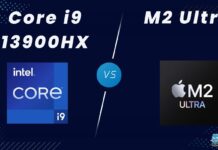
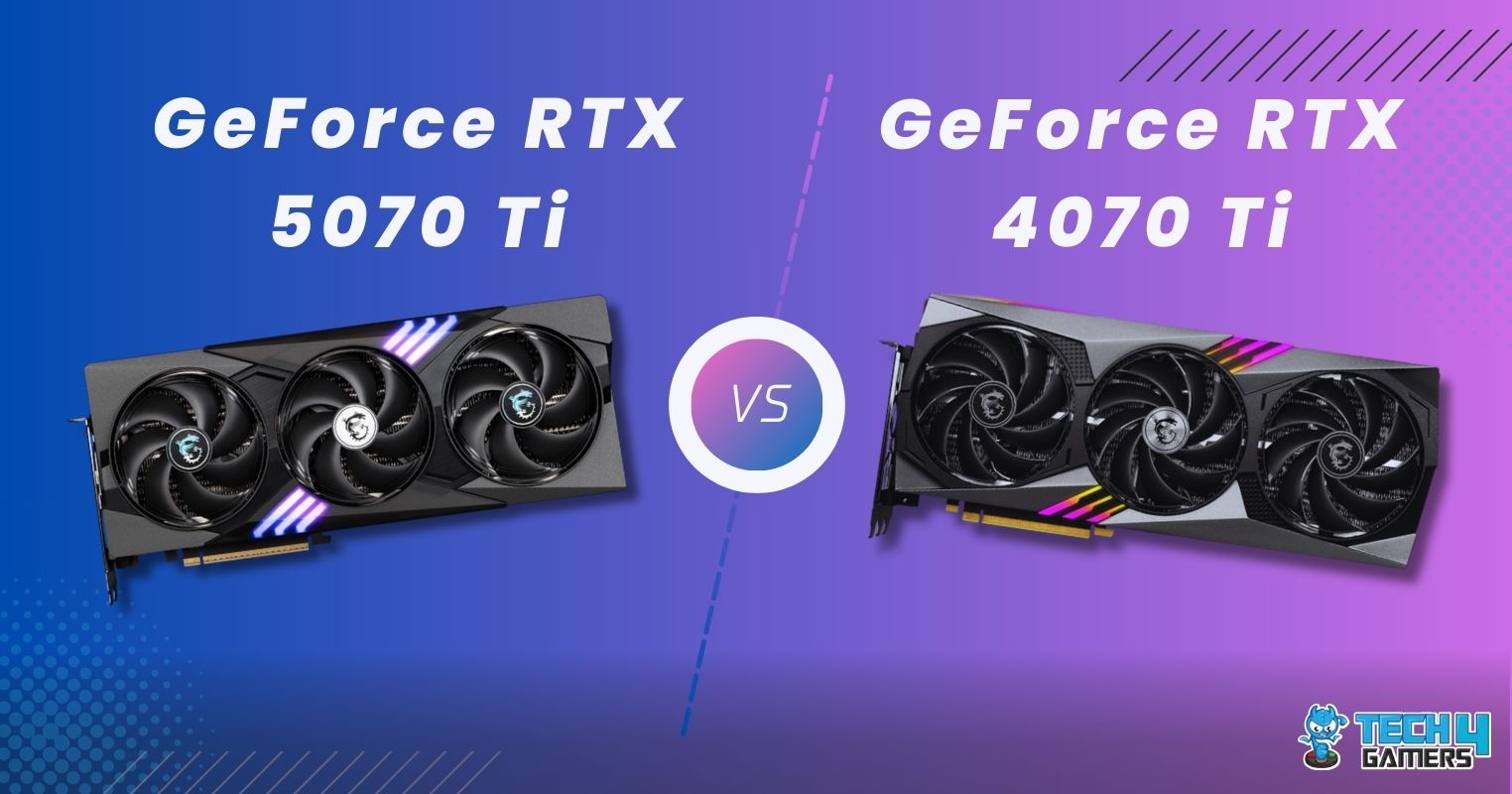
Feedback By: